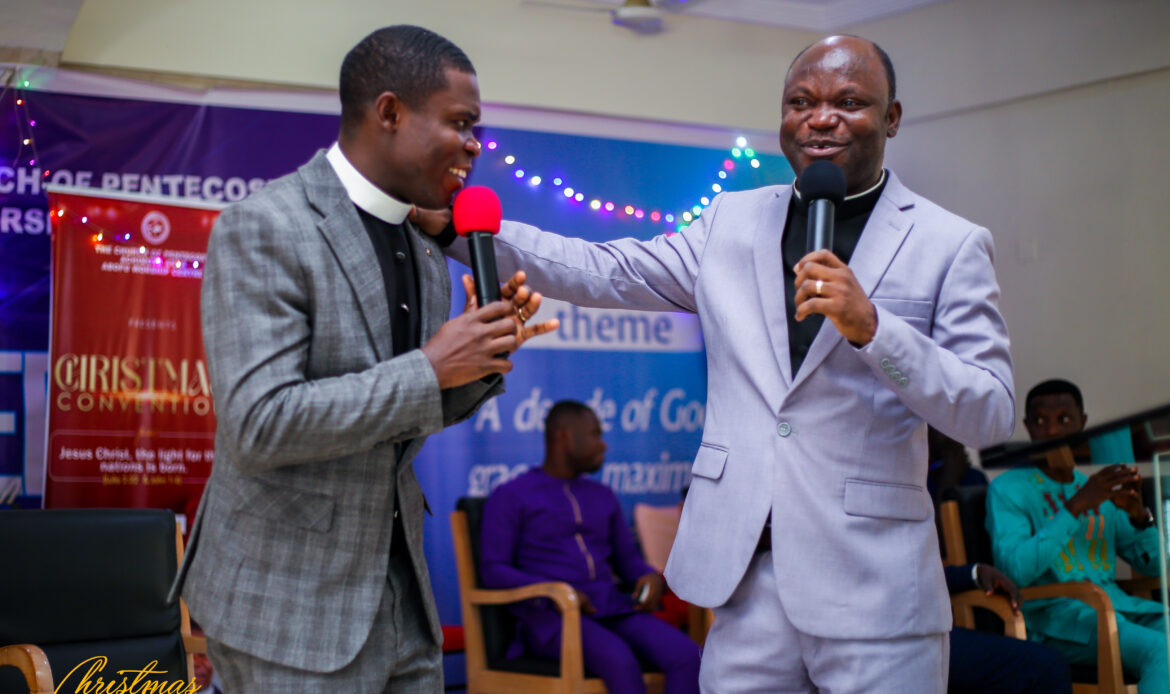
Embracing Grace: Living a Life of Forgiveness
- Sermon By: PASTOR AUGUSTINE ARTHUR NORMAN
- Categories: God
Today, I am moved to speak to you about the transformative power of forgiveness and the profound grace that accompanies it. Forgiveness is not merely an act of pardoning others for their wrongdoings; it is a fundamental aspect of our Christian faith—a reflection of the boundless love and mercy that God extends to each one of us.
Sermon Description
In the Gospel of Matthew, chapter 6, verses 14-15, Jesus teaches us, “For if you forgive others their trespasses, your heavenly Father will also forgive you, but if you do not forgive others their trespasses, neither will your Father forgive your trespasses.” These words remind us of the importance of forgiveness in our lives and the profound impact it has on our relationship with God and with one another.
Forgiveness is not always easy. It requires humility, empathy, and a willingness to let go of anger and resentment. Yet, when we choose to forgive, we experience a freedom—a freedom from the burdens of bitterness and a restoration of peace within our hearts.
As followers of Christ, we are called to emulate His example of forgiveness. Even in the face of betrayal, persecution, and injustice, Jesus demonstrated unfathomable grace and mercy. He forgave those who crucified Him, praying, “Father, forgive them, for they know not what they do” (Luke 23:34). Through His sacrificial love on the cross, Jesus offers us the ultimate example of forgiveness—a forgiveness that knows no bounds and extends to all who seek it.
When we embrace the grace of forgiveness in our lives, we experience healing and reconciliation. Relationships that were once broken can be restored, wounds that were once deep can be healed, and hearts that were once burdened can be set free. Forgiveness is not only a gift that we offer to others but also a gift that we receive—a gift that brings restoration and renewal to our souls.
Yet, forgiveness does not mean that we condone wrongdoing or overlook injustice. Rather, it empowers us to break the cycle of hurt and retaliation, to seek reconciliation, and to work towards building a world characterized by love, compassion, and understanding.
As we reflect on the profound grace of forgiveness, let us examine our own hearts and ask ourselves: Are there areas in our lives where we are harboring unforgiveness? Are there individuals whom we need to extend grace and mercy towards? Let us open our hearts to the transformative power of forgiveness and allow God’s love to flow through us, healing and restoring all that is broken.
May we be a people characterized by grace and forgiveness, extending the same love and mercy that we have received from our Heavenly Father. And may our lives be a testimony to the transformative power of forgiveness—a power that has the potential to change hearts, mend relationships, and bring healing to a broken world.
May the grace and peace of our Lord Jesus Christ be with us all, now and forevermore.
Amen.




